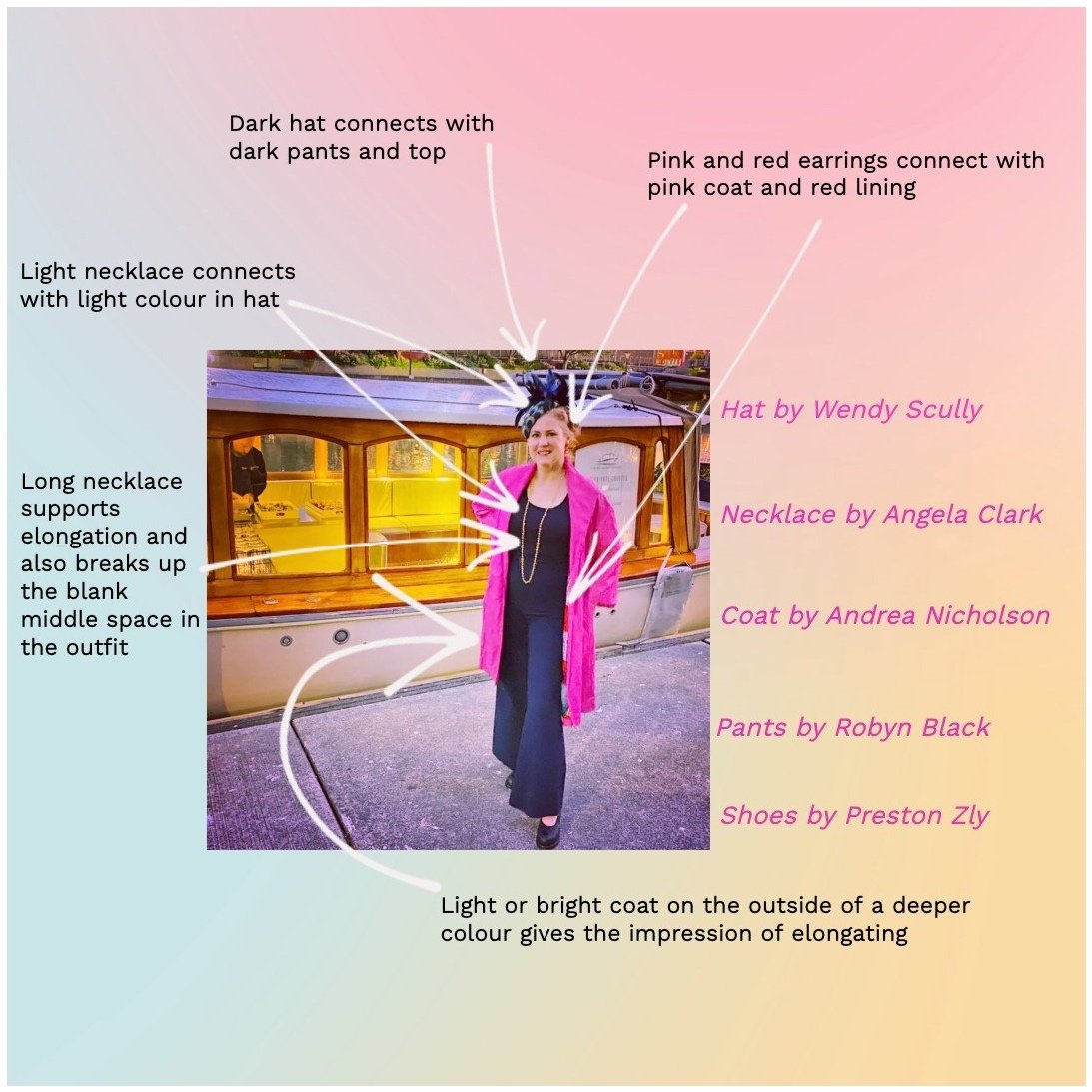Do you need to look attractive?
Sometimes we need to dress well for reasons OUTSIDE of looking attractive.
This might seem like an obvious statement. Surely dressing is primarily for practicality? We need to be warm and protected from elements such as sun, wind and rain. But we live in a primarily visual and sexualised society that places significant emphasis on the way we look, so is it important to achieve all those practical things as well as ensuring we still look ‘attractive’?
Consider what ‘attractive’ actually means:
pleasing or appealing to the senses
appealing to look at
sexually alluring
having qualities or features which arouse interest
From Collins English dictionary online:
In British English
1. appealing to the senses or mind through beauty, form, character, etc
2. arousing interest
3. an attractive opportunity
4. possessing the ability to draw or pull
5. an attractive force *
In American English
That attracts or has the power to attract; esp., pleasing, charming, pretty, handsome, etc. **
Without doubt, sometimes we would like to look attractive as defined above but is it always appropriate? I think that sometimes it’s actually inappropriate. Sometimes sartorial messages designed to arouse interest or be sexually alluring can hinder rather than help your cause, for example, in the workplace.
It is no longer the 1950s and we are not on the set of MadMen. Therefore there is no reason to wear heels that make your legs look longer to catch someone else’s gaze or to shift your pelvis to an angle that makes it more visible to others. High heels and formfitting clothes are not necessary in the workplace and neither is makeup, another tool at our disposal to make us look more ‘attractive’. I’m not saying we shouldn’t wear these things (I wear makeup almost every day and I love formfitting clothes) but think about what these things are designed to do and whether that’s going to help you achieve what you need to.
Sometimes we need to look good without arousing others. For example, you may want to look:
professional (when representing a company or brand)
approachable (welcoming, open, playful)
credible (capable, knowledgeable)
So leaving the 1950s aside for a bit, you might look professional in the workplace through:
Being immaculately groomed (freshly showered, hair neat, nails clean, teeth brushed, clean clothes / uniform in excellent condition)
Wearing clothes that fit perfectly (not visibly tight, stretched or gaping and not baggy or too long)
Looking like you are ready to perform (shoes you can walk swiftly in without tiring, no large jewellery or excess fabric hindering your movement)
If you work with kids or anyone who might feel vulnerable, looking approachable is preferable to looking attractive. Things that could help you achieve this include:
Wearing clothes you can move freely in that have soft textures rather than crisp, stiff or scratchy ones
Choosing colours in the mid range (not too dark or light) and in tones that harmonise together gently like blues and greens or purples is good if you want to put adults at ease.
Having a playful motif in your outfit or choosing brighter colours can help children to feel you relate to them.
Knowing how to dress to portray credibility is important when you want to look like you’re capable or knowledgeable outside of an office or sales environment. When I appeared on The Today Show representing Fashion by Foot and the local, ethical fashion businesses we work with, I was not there to look attractive but I still needed to achieve the right look. Some of the things I considered in constructing my outfit included:
Wearing pieces from as many independent designers as I could
Ensuring the colours all worked together and looked celebratory (we were promoting the reopening of Melbourne)
That my outfit suited the occasion (boat ride on the river, therefore heels I could walk in on deck plus a coat which was essential for our cool 5.30am start)
I loved my outfit although it was different from what I normally wear; the colours were higher contrast and were not quite within my palette and it was an overall bolder look than most things I wear. But I wasn’t there to represent me. My job was to promote the wonderful independent local designers we have here in Melbourne. I’m not sure I looked attractive (that was not my intention) but I’m confident that I looked credible and appropriate.
So next time you need to look good, think about why. Do you really need to look attractive, or is there something else you need to portray?
Some of the things I considered in designing my outfit for television
* Collins English Dictionary. Copyright © HarperCollins Publishers
** Webster’s New World College Dictionary, 4th Edition. Copyright © 2010 by Houghton Mifflin Harcourt. All rights reserved.

